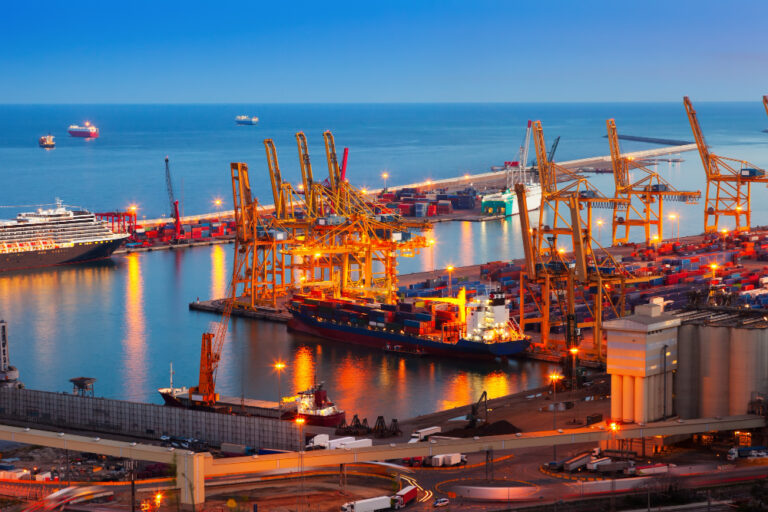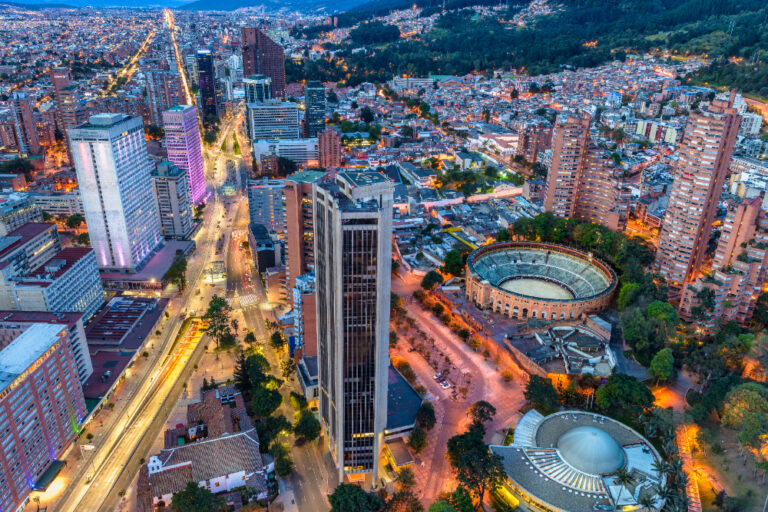
Bogotá, Colombia – March 28, 2025 – Coffee prices in Colombia rose sharply this week as export delays disrupted supply chains, impacting both local farmers and international markets. The National Federation of Coffee Growers reported a 10% price increase over the past month, with a pound of Colombian arabica now averaging $2.30 on global exchanges.
The delays stem from logistical issues at key ports, including Buenaventura and Cartagena, where container shortages and labor disputes have slowed shipments. Port authorities confirmed that over 1,000 metric tons of coffee remain backlogged, with no immediate resolution in sight. A spokesperson for the Colombian Port Authority stated that negotiations with dockworkers are ongoing, but no timeline for normal operations has been set.
Colombia, the world’s third-largest coffee producer, exported 11.2 million 60-kilogram bags last year, according to the International Coffee Organization. This year’s disruptions follow a pattern of challenges, including heavy rains in late 2024 that delayed harvests in Antioquia and Caldas, two of the country’s top coffee-growing regions. The combination of weather setbacks and port bottlenecks has reduced the volume of coffee reaching buyers in Europe and North America, where demand remains steady.
Analysts note that the price surge reflects broader supply concerns. “Colombia’s delays are tightening the global market,” said Maria Torres, an economist at Bogotá-based AgriData. “Buyers are turning to Brazil and Vietnam, but those countries can’t fully offset the shortfall.” Brazil, the leading coffee producer, has faced its own export constraints due to recent wildfires, while Vietnam’s robusta crop has not matched Colombia’s arabica quality.
Local farmers report mixed outcomes. Juan Carlos López, a grower in Quindío, said the higher prices could offset losses from last year’s rains, but only if exports resume soon. “We’re sitting on beans that need to move,” he said. Larger producers, however, have begun stockpiling in anticipation of further price gains, a strategy that could deepen the supply squeeze.
The Colombian government has pledged to address the crisis. Agriculture Minister Cecilia López announced plans to expedite port inspections and provide subsidies for small-scale farmers affected by the delays. Critics, including opposition lawmakers, argue the measures fall short, pointing to years of underinvestment in infrastructure as the root cause.
Global coffee futures on the New York exchange climbed 8% this week, reaching a two-year high. Retailers in the United States and Europe have yet to pass on the full cost to consumers, though industry sources expect price adjustments by mid-April if the situation persists.
The National Federation of Coffee Growers has called for patience, projecting that exports could normalize by May if port operations stabilize. Until then, Colombia’s coffee sector—and its role in the global market—remains under pressure, with stakeholders watching closely for signs of relief.





